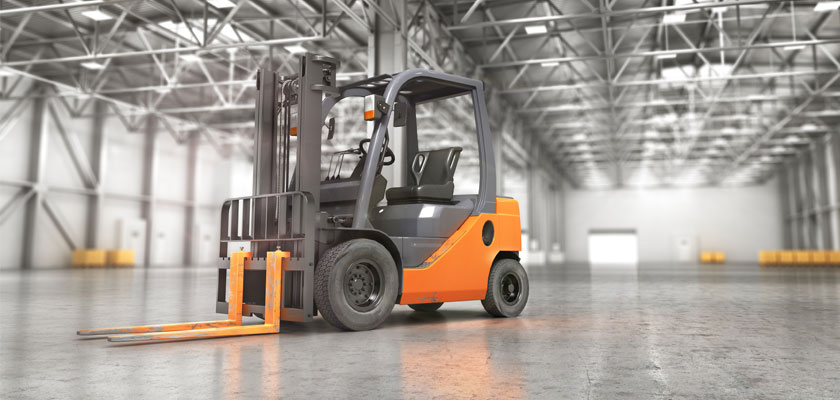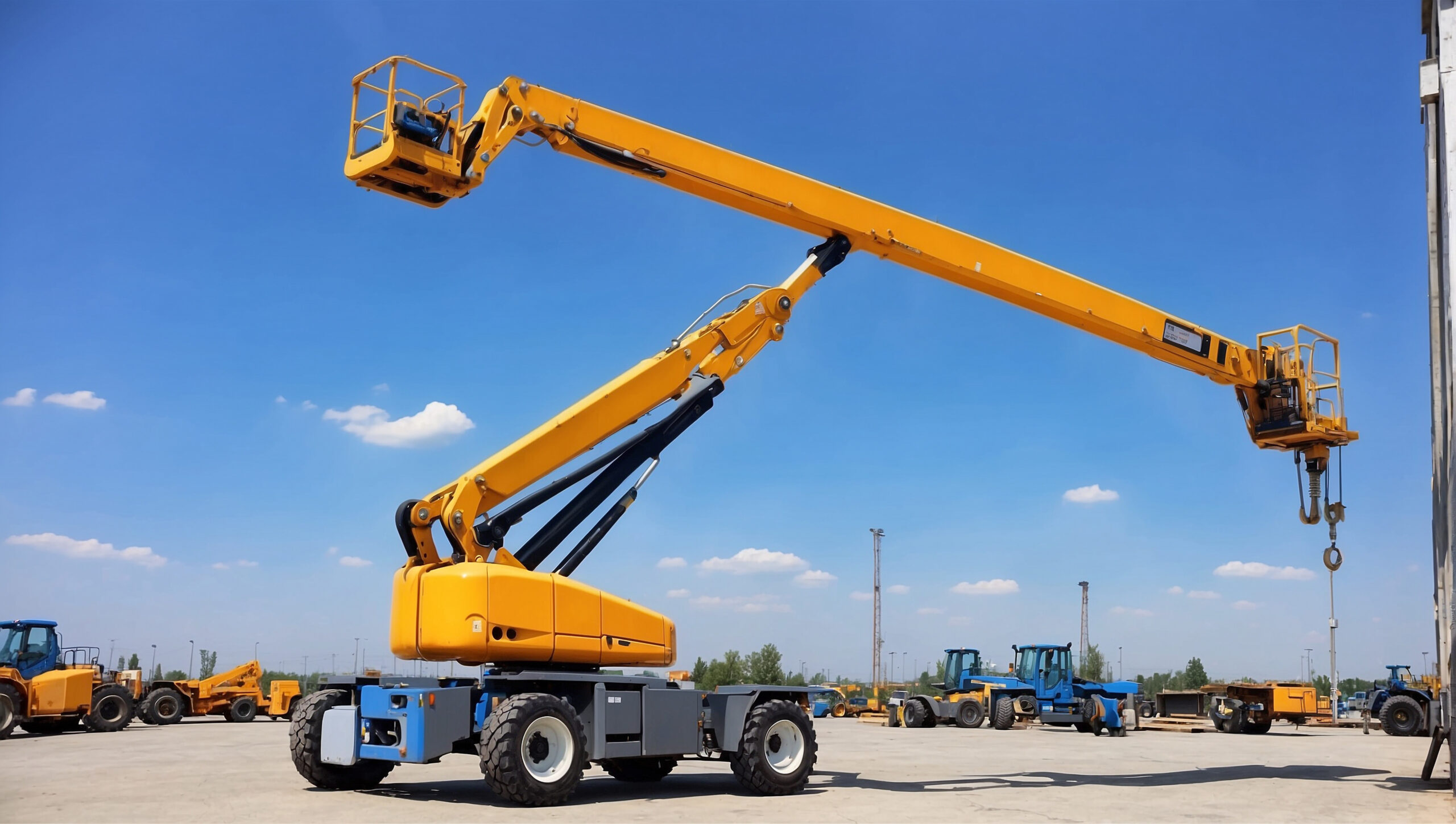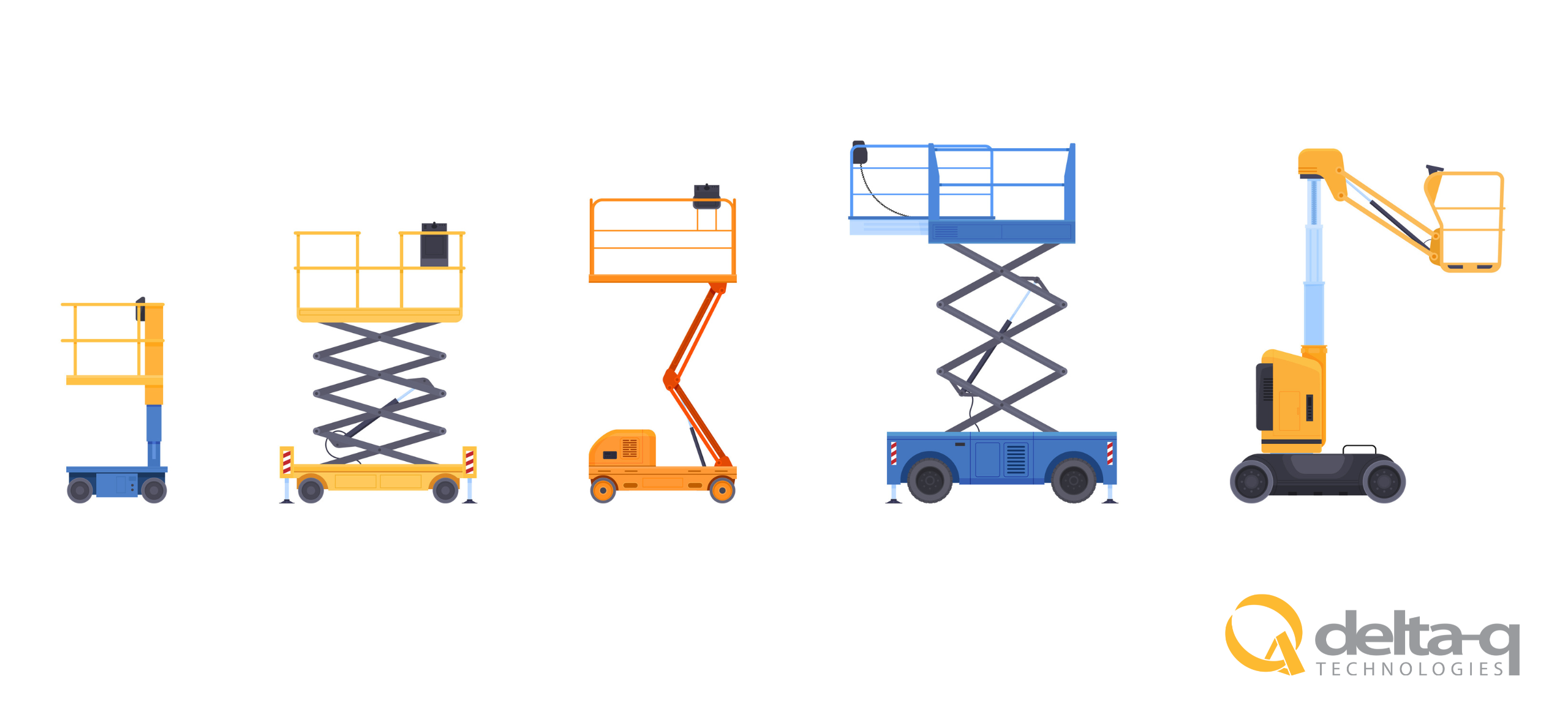Lift truck battery chargers have been considered a commodity rather than a valuable component—which overlooks the tremendous value that chargers can provide.
In part one of our two-part article, we will explore:
- the trend towards lithium-ion energy solutions
- the battery charger as a valuable component, and
- the charger’s contribution to the long-term success of an electric-drive product.
Part two will cover the longer-term and comprehensive benefits charger manufacturers offer to OEMs and the material handling industry at large.
Driving the transition to lithium-ion solutions
Material handling OEMs can gain a lot from transitioning to lithium-ion energy solutions. Traditionally, Class I, II, and III lift trucks run on lead-acid batteries, but due to their long charge times, it is challenging for the trucks to keep up in multi-service shift facilities. Fast-paced operating environments add pressure on OEMs to prioritize speed, productivity, efficiency, and safety, while increased regulations demand lower emissions. Consequently, there is a growing demand for lithium-ion-powered forklifts because of the benefits they provide: higher power, faster charging, longer battery life, higher energy efficiency, and lower maintenance.
Viewing the charger as a crucial component
As OEMs turn to lithium-ion batteries to power their material handling systems, they will need reliable chargers that withstand harsh operating conditions. It is equally important to look for a charging partner that can help bridge the transition from lead-acid to lithium-ion batteries. OEMs can find charger suppliers by asking their battery management system (BMS) or lithium battery supplier for recommendations, or work with an OEM supplier and integrator (such as the Zapi Group).
The combination of the right charger and battery system can help lift truck OEMs gain a competitive advantage. It is critical to understand the impact of a battery charger and the importance of choosing the right charger manufacturer.
Chargers play a crucial role in a forklift’s lifespan and performance and can affect the quality of the customer experience. The selection of a battery charger is often an afterthought in the design and development of a product. OEMs could end up with a charger that is unable to perform or unable to meet the requirements of the vehicle. This after-thought could fail to provide the best returns for the OEM or end-user.
To select an appropriate high-quality battery charger, OEMs should consider the application’s environment, where the vehicle will charge, and charge time goals. For example, companies that have a 24/7 material handling operation would benefit from using higher power chargers. An on-board charger can make a forklift or electric pallet jack more flexible and portable – allowing the machine to plug into any outlet for quick charging top-up.
Smart on-board chargers also collect a wide range of charge data, which allows OEMs to uncover any signs of “unhealthy charging”. OEMs can use charge data to prevent expensive service calls, reduce maintenance spending, or enhance user experience and vehicle performance. Fleet managers or forklift operators can use charge data to work efficiently, improve their usage patterns, or make better fleet decisions.
Although lithium-ion batteries and on-board charging systems provide an array of benefits, thermal and environmental factors can damage the battery and charger. Lithium-ion cells are more volatile than lead-acid batteries, at risk of thermal runaway if not properly charged.
Luckily, these risks can be mitigated if OEMs work with a reliable charger manufacturer (like Delta-Q Technologies) to integrate the charger with the lithium-ion battery and BMS during the design and development phase. This ensures the safety of the equipment and the end-user.
Battery charger benefits
OEMs should consider several factors when designing a battery charger into their forklift systems. OEMs should look for these factors in a battery charger that can simplify their transition to lithium-ion charging systems:
- RELIABILITY – Maximize vehicle uptime. A quality battery charger should adapt to different operating conditions and optimally charge the battery based on its type and brand. This will maximize machine runtime, prolong battery life, and improve the overall reliability of the machine. Delta-Q designs its chargers to maximize machine performance with limited downtime (our lithium-ion and lead-acid forklift chargers are designed for 24,000 hours of on-board operation). This provides OEMs, customers and partners with trouble-free usage out of their material handling systems. This reliability builds deeper customer trust and loyalty for the OEM’s brand and products.
- ROBUSTNESS – Withstand extreme conditions. Lift trucks endure extreme shock, vibration, temperature and humidity, so the charger must be able to withstand “worst-case” operational conditions when it is mounted on-board the machine. These conditions can impact the mechanical components and performance of the battery charger, leading to charger failure. It is imperative to find forklift chargers, like Delta-Q’s, that are rigorously tested and comply with GM3127, an automotive standard created by General Motors to test electronic devices with circuit boards in stressful environments. This standard ensures the chargers can still perform at a high level after enduring extreme shock, vibration, and temperature cycling.
- SAFETY – Provide quality charge for any situation. Similar to consumer electronics, batteries live and die based on their chargers and charging patterns. A quality charger that delivers customized charge profiles – tailored to the battery type and brand – can improve battery life and prevent premature battery failure. Delta-Q partners with leading lithium-ion battery and BMS manufacturers to develop custom lithium-ion charge profiles that monitor charge time, voltage, and current, or take commands directly from the BMS. We also test and validate our chargers with the lithium-ion battery pack and BMS for superior performance and charging safety.
- FLEXIBILITY – Support all lead-acid and lithium-ion battery chemistries. As lift truck equipment manufacturers are still transitioning to lithium-ion batteries, chargers that support both lead-acid and lithium-ion batteries are very beneficial. This coverage provides OEMs and their customers with the flexibility to switch between chemistries as needed. It also makes the transition from lead-acid to lithium-ion as seamless as possible. At Delta-Q, we aim to be trusted advisors for OEMs. Our company provides tailored, hands-on support throughout the design, integration, and programming of our chargers into an OEM’s products—whether they are lead-acid or lithium-ion.
Charging forward
Designing and integrating a charging solution requires careful consideration to ensure the equipment’s systems are compatible with the operating conditions. OEMs should consider the charger as part of the equipment to fully reap the benefits that their charger manufacturer can offer. Before sourcing a charger for your next machine, be sure to think of your long-term requirements. Do not let charger selection be an afterthought!
In our next blog post, we will dive into some of the longer-term and comprehensive benefits chargers offer to OEMs and the material handling industry at large.
For more information on Delta-Q’s battery charging solutions for the lift truck market, download our infographic below.
[createButton color=”fdbb30″ text=”Download Infographic Now” link=”https://hubs.ly/H0zF2MD0” target=”_blank” style=”blockcenter” rounded=”true” ]




